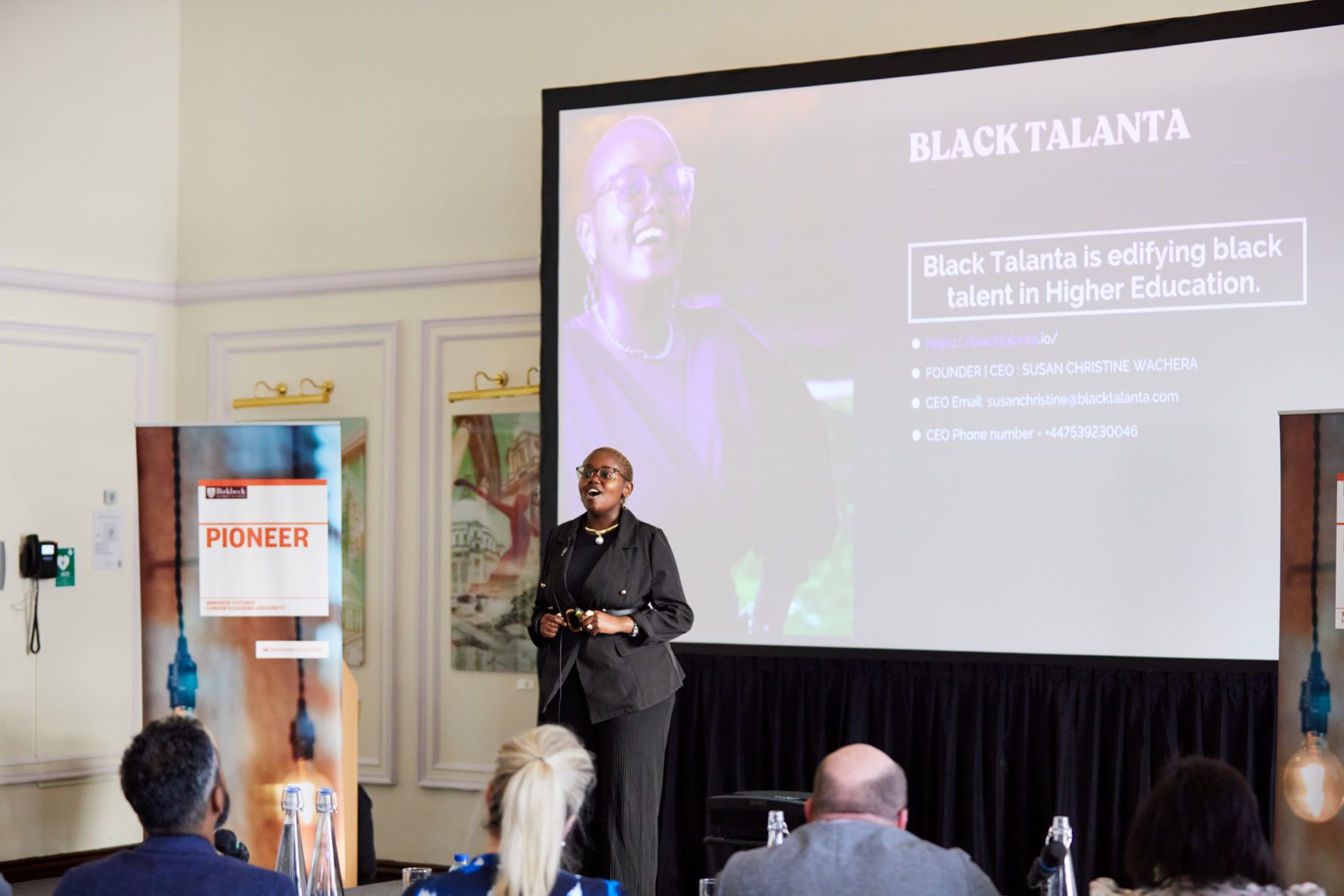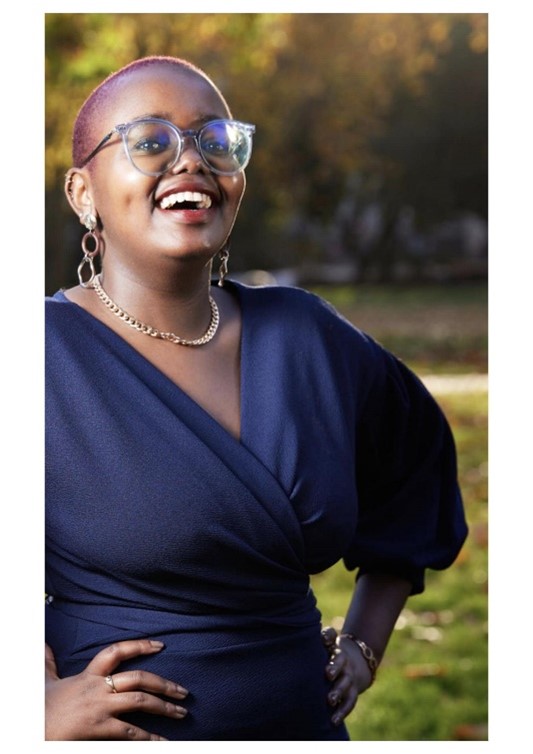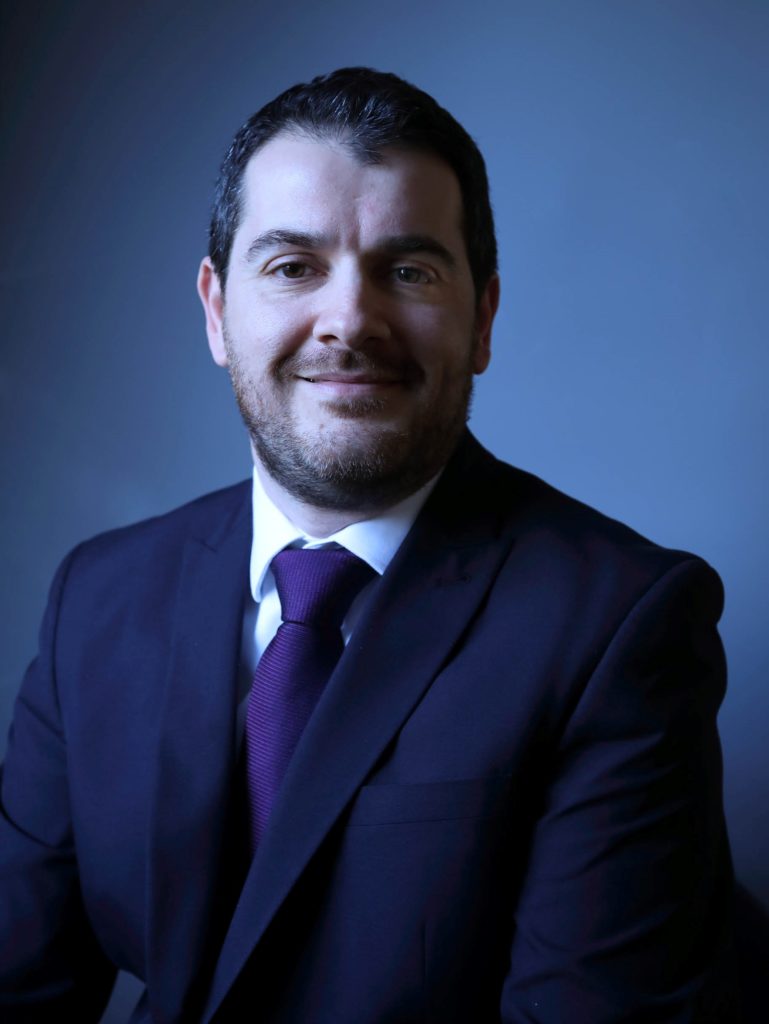The first female from Mali to be granted a Chevening scholarship, Awa Toure joined Birkbeck to study MSc Management with International Business and Development as the sole recipient for the 2022 Chevening scholarship intake from her home country. Here we get to know more about her background, her hopes for the future, and her experiences of both Chevening and Birkbeck.
An enriching path to Birkbeck
At the age of 15 I left Mali to pursue my studies in Canada. In Montreal, known for its diverse population, I had the opportunity to attend the prestigious high school, College Jean de Brebeuf, and obtain a Bachelor’s degree in International Business from the Écoles des sciences de la Gestion from the University of Quebec. Living in such an international environment allowed me to interact with people from many backgrounds, broadened my horizons, fostered acceptance of different perspectives, and deepened my understanding of diverse cultures. Additionally, during my undergraduate years, I participated in the ERASMUS university exchange program in Madrid, Spain where I attended the Colegio Universitario de Estudios Financieros. Wanting to continue my path of enriching education, I decided to study MSc Management with International Business and Development at Birkbeck, to enhance my technical expertise and nurture my global network at a prestigious institution.
With great aspirations also come great responsibilities
I recognize that vicious cycles of internal and external systemic shocks can perpetuate poverty and hunger in a nation. I also recognize that this can be made worse by inadequate government systems and firmly believe that valuable and sustainable development solutions lie in the collaborative efforts of individuals, communities, and markets. So, yes, I aspire to become a powerful international businesswoman, but I also want to serve as a role model and make a positive impact in Mali’s journey towards economic independence and self-sustainability.
When adaptability is a superpower
I believe the role I play as a young female in bringing positive change to Mali, must be equally multifaceted as the challenges facing my nation. Understanding the complex and inter-sectoral challenges facing my home country and wanting to serve as well as do well for myself, I have become something of a polymath. My academic and professional experiences have married the disciplines of international business with social enterprise, communications, storytelling, gender rights development, digital access, and transformative justice. What matters most to me is understanding and platforming the trajectories of Malian economy, the stories of its communities, its women and girls, the able-bodied and ability impaired, the rural and urban, the old and young. When public systems fail, we must ask: how have they coped up until now? What do they need to survive and thrive? And how can we support communities in developing and maintaining their livelihoods outside of weak public structures?
The role of Chevening in my aspirations
Before applying to Chevening I was unaware of its existence. During a heartfelt conversation with a friend, who coincidentally happens to be a former Chevening alumnus, we embarked on a discussion regarding the development trajectory of Mali. It was within this enriching exchange that my friend enlightened me about the Chevening program, expressing her conviction that it would be an impeccable match for my aspirations. And now, I find myself standing proudly as a member of this amazing community, to which I am eternally grateful.
For anyone thinking about studying at Birkbeck: don’t hesitate!
The level of study and intellectual stimulation at Birkbeck has been truly outstanding, with engaging lectures, thought-provoking discussions, and a supportive learning environment. The faculty members have been highly knowledgeable and passionate, offering valuable insights and guidance at every turn. I enjoy every seminar I attend, and know that the learning outcomes from these will follow me for the rest of my life. If there’s anyone out there thinking of studying at Birkbeck, I would wholeheartedly encourage them to take the leap. Birkbeck also offers a flexible and inclusive learning environment, making it an excellent choice to pursue higher education while managing other commitments. I love the flexibility offered by the university to balance work, personal life, and academic pursuits and I am sure you will too. Do not hesitate!
FURTHER INFORMATION
- Study MSc Management with International Business and Development
- Find out about Birkbeck’s 200-year history of transforming lives
- Find out more about Birkbeck’s Business School


















